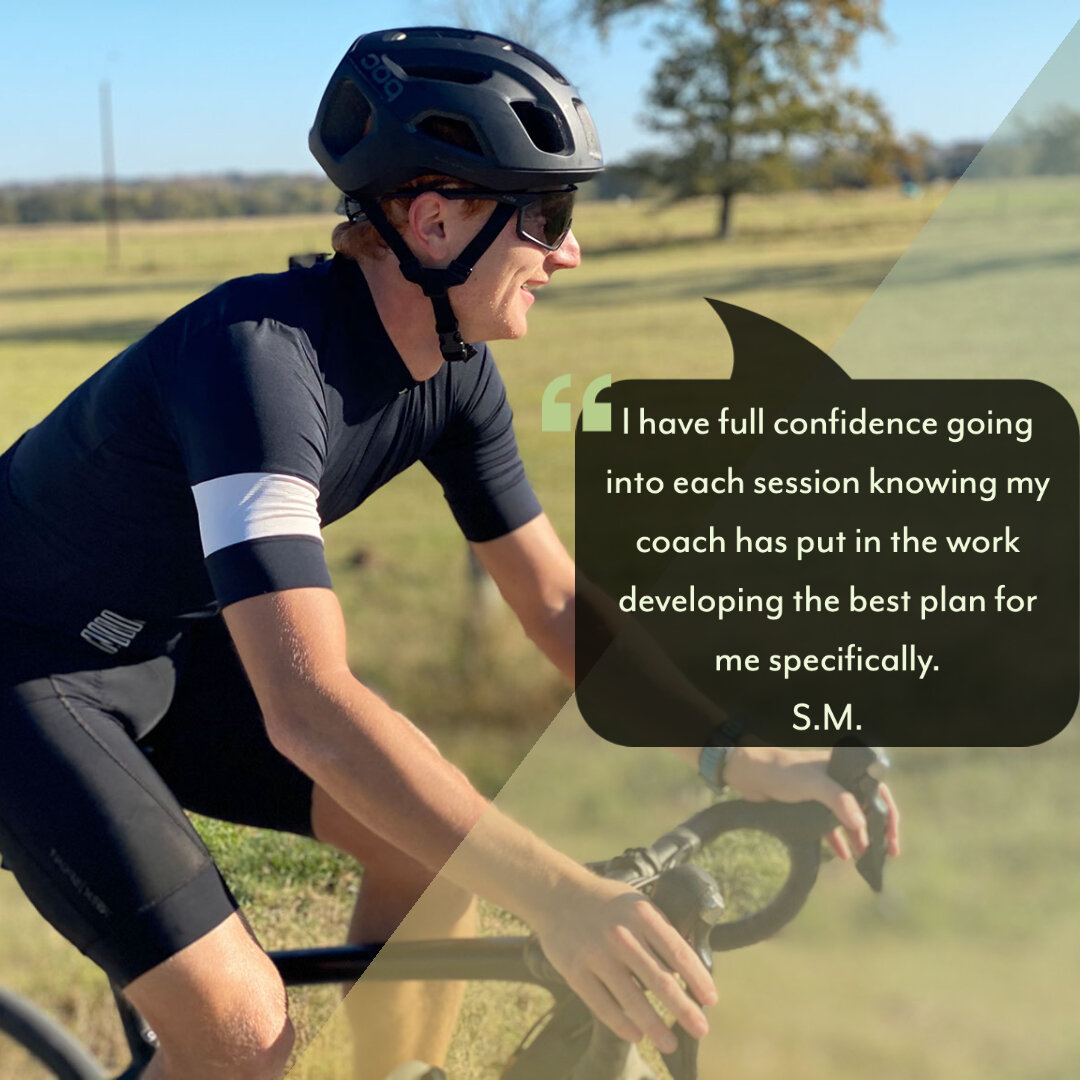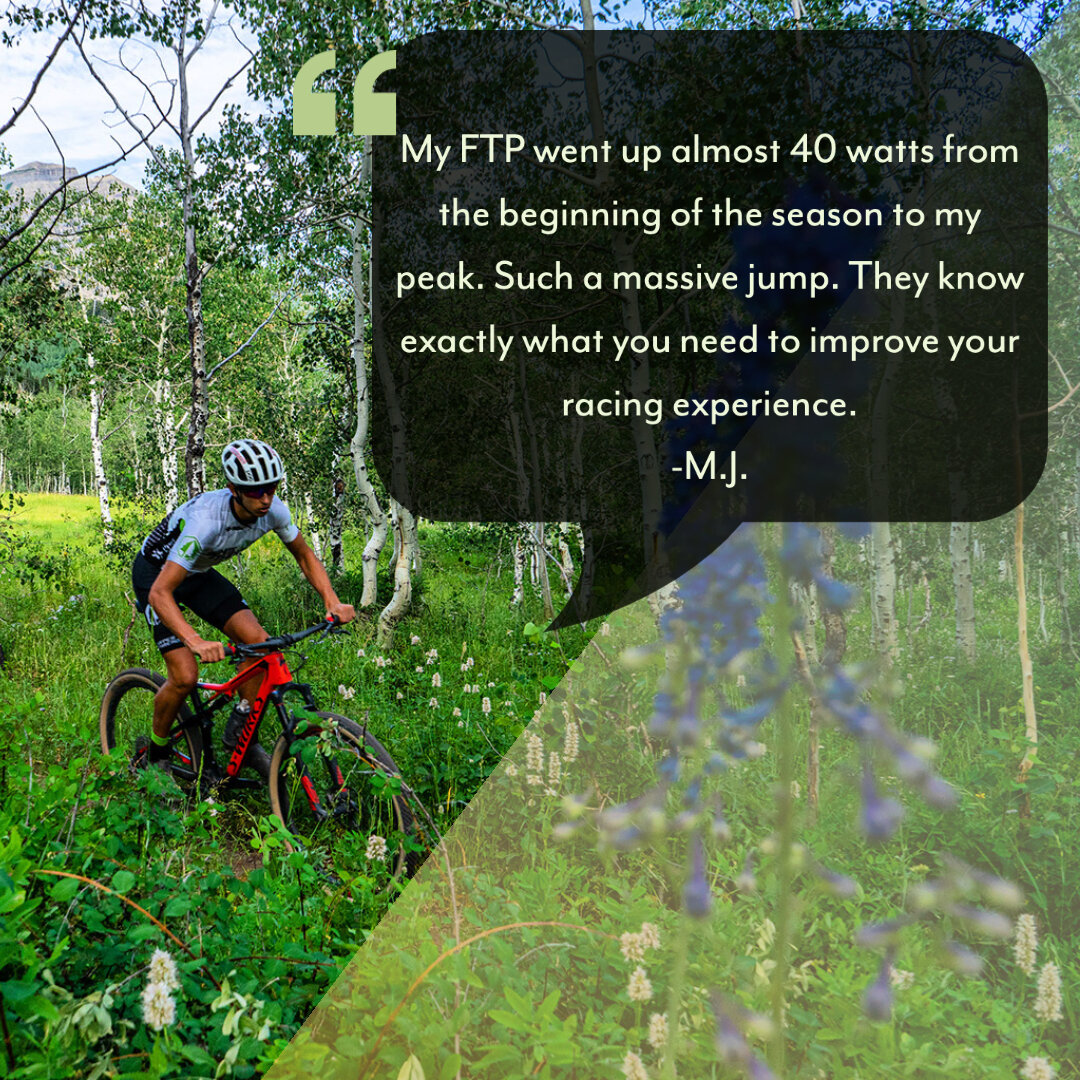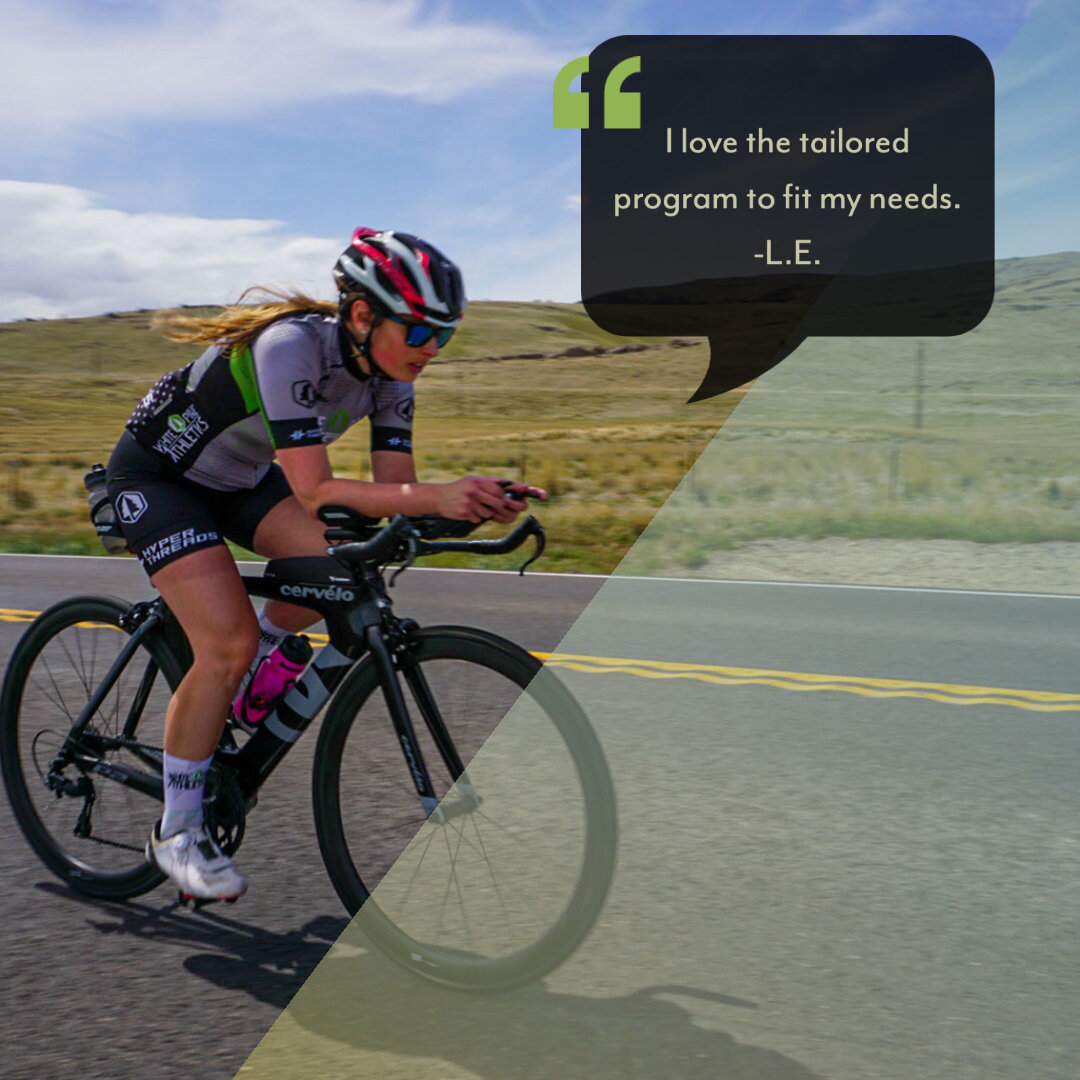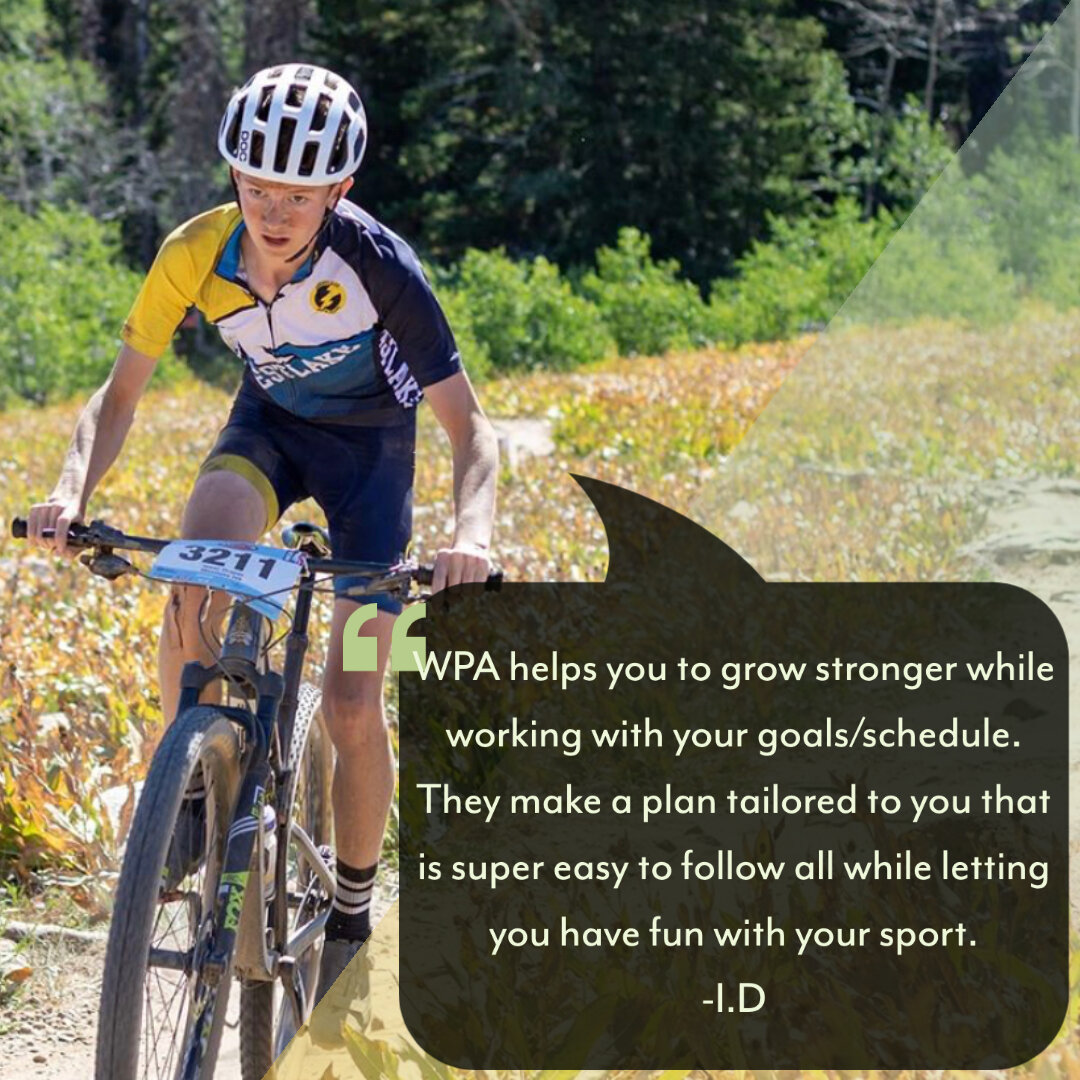by Sara Hillring, MS, RDN, CD
With it being deep in the winter season, you may not be training outside as often as you would be in the warmer months. Perhaps, you are finding more indoor training days in your schedule due to inclement weather. With less sun exposure and our skin being covered up by all of those warm and cozy layers, this can put us at greater risk of becoming deficient in vitamin D. This is because our body synthesizes the active form of vitamin D3 via the skin’s interaction with sunlight.
This may have you asking why is vitamin D deficiency an issue for an athlete? Simply put vitamin D is key to maintaining healthy bones, teeth, and muscles. Without adequate vitamin D this can put us at risk of low bone density, fractures, preventing gains in muscular strength, decreasing performance during activity, and putting the body at less of an ability to regulate the immune system as well as inflammation.
Natural sources of vitamin D are limited, so in some cases supplementation may be required in the winter months dependent on your location, ability to expose enough skin, and frequency of outdoor activity. Determining the proper dosage and need for supplementation is best established under the consultation of a Registered Dietitian or Physician.
Note that adequate Vitamin D status may be achieved by 5 to 30 min of sun exposure to one’s uncovered, full arms and legs several times a week as close to 12pm as possible. The length of exposure required is dependent on an athlete’s skin pigmentation, which equates to 5 minutes of exposure for fair skinned individuals and 30 minutes for darker skinned individuals. Supplementation and dietary intake that provide at least 1,500 – 2,000 IU/day of vitamin D can also aid in the prevention of deficiency when sun exposure is not possible.
So how can you amp up your nutrition to help out your vitamin D status and keep your training in an optimal state? Incorporate more Vitamin D sources into your every day intake. Try different fatty fish options at dinner, rich in vitamin D and protein, such as- salmon, mackerel, herring, sardines, or tuna. Throw some mushrooms into a stir-fry or incorporate them into a sizzling beet, quinoa burger. And seek out soy milk, ready to eat cereal, and yogurt that have been fortified with vitamin D for an additional dose of this key nutrient.
Remember, vitamin D absorption is enhanced by foods higher in fat. So do not be afraid to pair whole eggs with avocado, roast mackerel in an olive oil + pistachio based marinade, or enjoy vitamin D fortified cereal paired with yogurt or milk.
With a little more intention, you can take on the mission of keeping your vitamin D status and health in commission.
Happy training!




